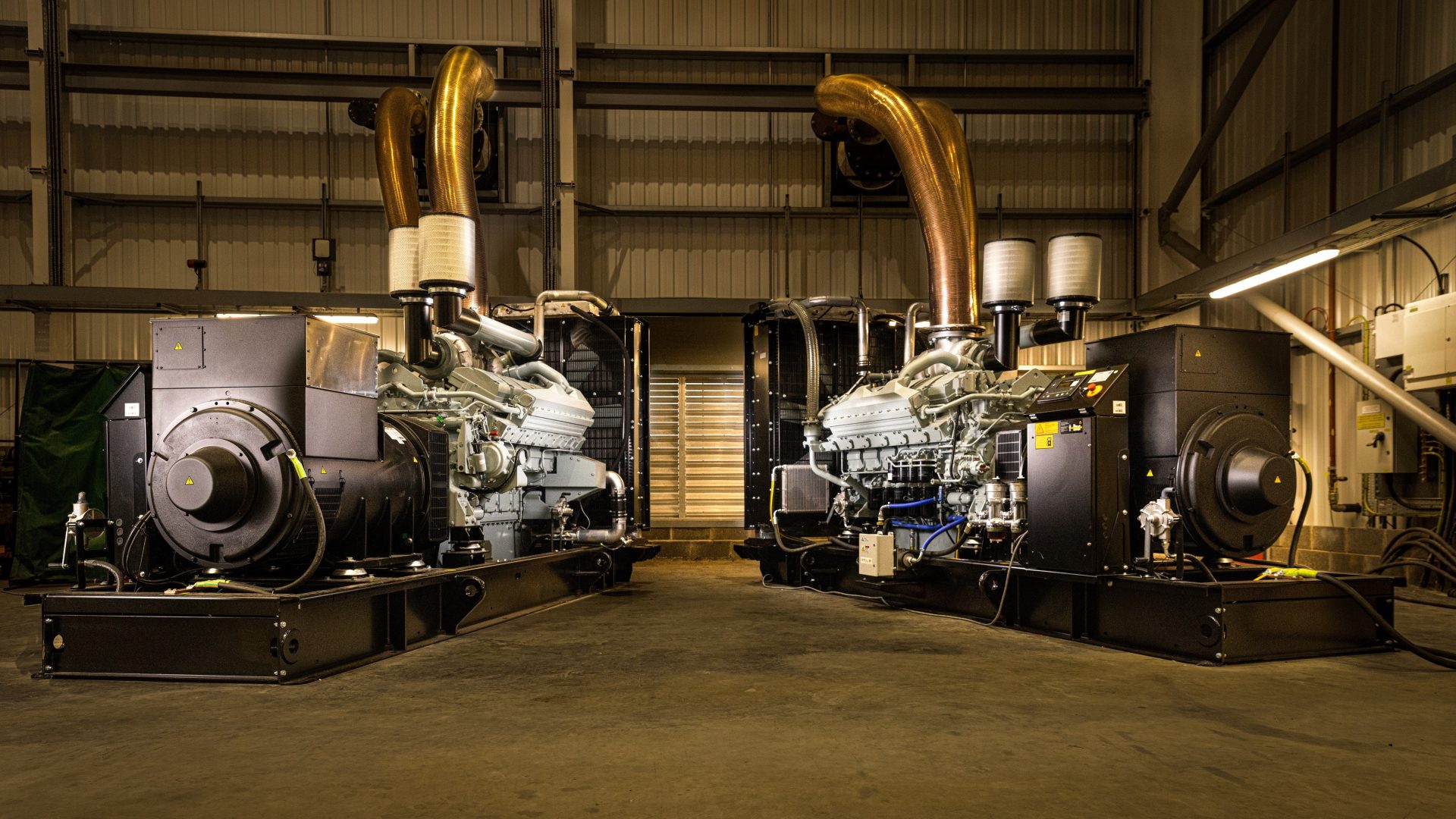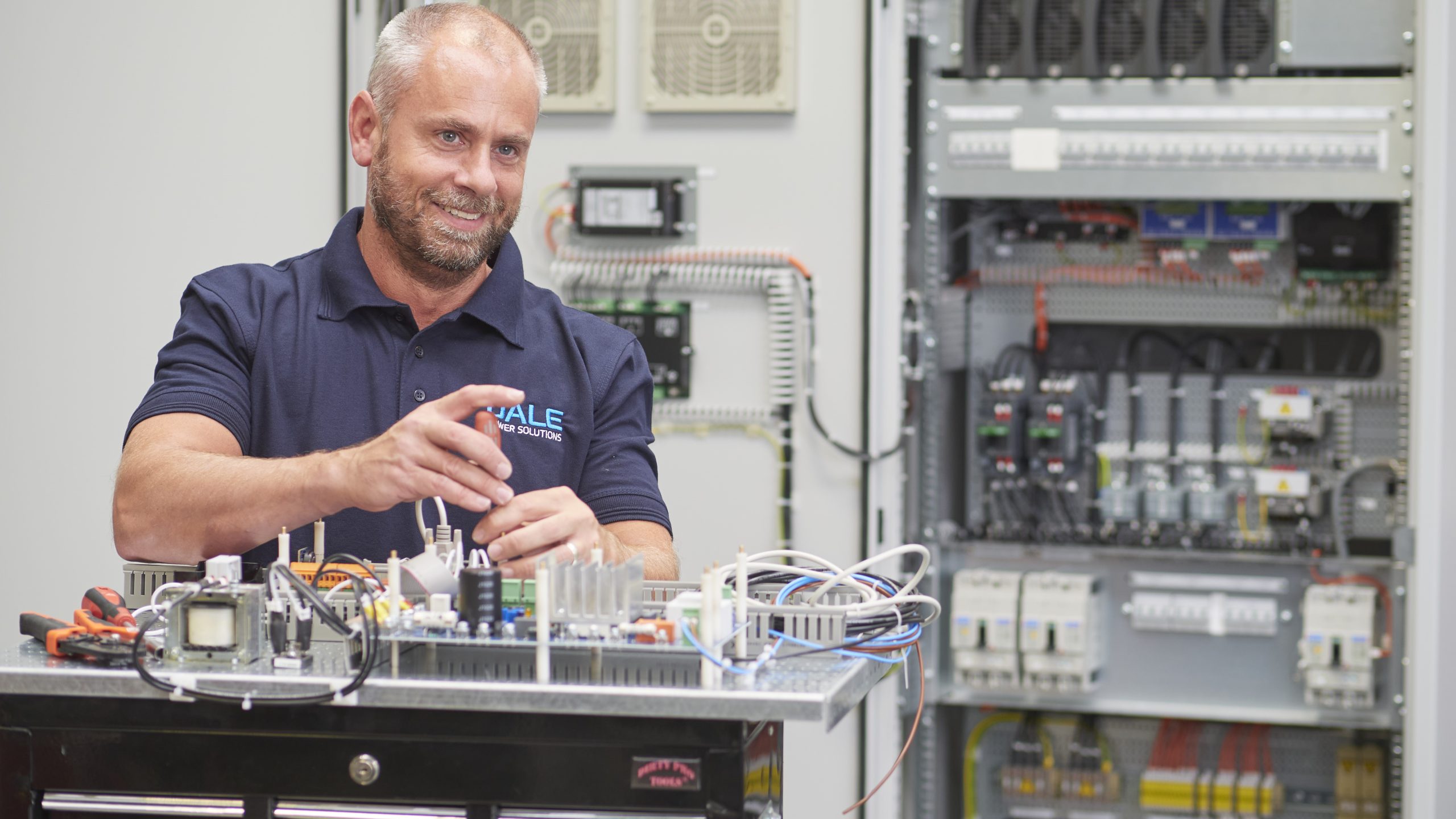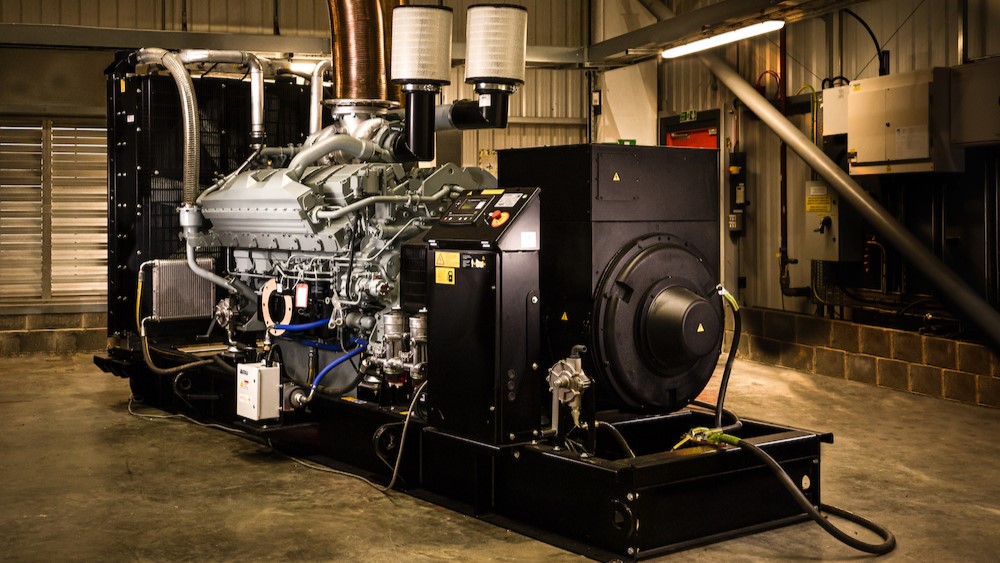
Although the power supply in the UK is generally considered to be reliable and stable, it is not without its vulnerabilities and challenges.
The population is growing, and industrial development has increased the demand for electricity which in turn is putting a strain on the aging power supply infrastructure leading to capacity issues and the potential for power outages. As reported recently in the news, the risk is heightened by extreme weather such as storms, floods and high winds which can lead to damage of power lines.
The increase in cybercrime presents another challenge. The growing reliance on computer systems and digital technology in the power supply infrastructure creates an opportunity for cyber criminals, people who are intent of disrupting services and holding organisations to ransom.
So, while the power supply in the UK is generally considered to be reliable, there are vulnerabilities and challenges that can cause fragility, and water and wastewater companies need to have backup power strategies in place to build organisational resilience in face of these challenges.
Risks associated with loss of power.
The stakes are high for water companies if power is lost at treatment plants, pumping stations, and distribution systems. If AC mains is not present, there is a risk that valve actuators, which require a power source, will not be able to function, which may cause multiple problems; water treatment processes may be disrupted, pumping stations may fail so water may not be able to reach its destination, and customer service may be impacted.
Failure comes at a high cost. Record fines of more than £102 million were handed out in 2021 following successful prosecutions, with one water company receiving a fine of £90 million for environmental pollution; a significant jump on previous fines issued to water companies.
In April this year, Environmental Secretary, Therese Coffey warned that companies that pollute our waters could face unlimited penalties for the damage they cause, and The Plan for Water includes strengthening the Environment Agency’s ability to impose sanctions on water companies. Clearly this could have a considerable impact on organisations who fail to meet the tightening regulation and toughening enforcement.
Power Failure at Substations.
Depending on the size, location and the duration, a power failure at a water company substation can have several detrimental outcomes.
If the substation powers a water treatment plant or pumping station, the interruption in power can disrupt the water supply, which if prolonged may result in a shortage of water in the affected area. The sudden loss of power causes disruption to electrical infrastructure, including circuit breakers, transformers, and other control systems resulting in operational downtime.
Modern water companies also rely on computer systems to monitor and control their operations. A power outage can cause data loss which can lead to operational disruptions and delays.
To mitigate the risks of power outages, water companies typically have backup power sources, such as generators and uninterruptible power supply (UPS) systems, to keep critical systems running until power is restored.
Choosing a suitable backup power solution.
Backup power is typically provided in two forms, a generator and UPS. Each has benefits and each provides backup power but in different ways.
A generator converts mechanical energy into electrical power. It is connected to a fuel tank and therefore can run independent of a power grid and will run as long as it has fuel to support it. Although generators offer a long-term standby power solution, they do not provide seamless and uninterruptible power. There is a short break in power from mains disconnection to the generator starting, which is why organisations who need seamless and long-term backup power chose a UPS and generator solution.
A UPS is a battery dependent, short term standby power solution providing typically 10-15 minutes autonomy (longer solutions are available). The UPS monitors the voltage and frequency of the incoming power and switches to battery power if a disruption is detected. Should the mains power fail a UPS is designed to provide an organisation with enough time to shut down safely or provide power until a longer-term solution, such as a generator, can start and provide support. As the name describes, a UPS provides uninterruptible power.
Some UPS systems can be designed to handle the high starting currents and power requirements of motors and therefore have a high short-term rating to cope with motor starting currents. They are more robust than the standard commercial UPS systems and are designed to withstand the ravages of starting and stopping motors.
They typically have a higher output capacity than standard UPS systems and are designed to provide power for a longer period of time. They are popular for industrial applications where the sudden loss of power can cause significant damage to the motor or the equipment it is powering.
UPS systems can also have additional features such as surge protection, voltage regulation, and power conditioning to help protect the motor from damage due to power fluctuations or other electrical issues and therefore there is a clear advantage in water companies considering this option.
WIMES and IP54.
Water companies should also consider where their backup power is located as moisture, humidity, and extreme temperatures affect the operation of electrical equipment. These harsh environments require specialist and robust backup power solutions.
A UPS that meets a set of standards known as Water Industry Mechanical and Electrical Specifications (WIMES) indicates that the UPS is fit for purpose and meets the mechanical and electrical specifications common for the UK water industry. Further protection can be provided by housing the UPS in an ingress protected (IP) rated enclosure.
Servicing and Maintenance.
In addition to the investment in the backup power systems, organisations must also consider ongoing preventative maintenance, upgrades, repairs, and battery replacement. Planned and preventative maintenance can extend machine efficiency and is far cheaper solution than equipment replacement.
It is recommended that generator fuel tanks and pipework have an annual OFTEC (Oil Firing Technical Association) inspection by a qualified engineer, to check for failures which could lead to oil spills, leakages from the generator and fuel tanks which could then result in penalties. Regular inspections of both the generator and fuel is the best way to ensure the backup system is ready to do its job and run for a significant period of time when required.
UPS manufacturers usually recommend that UPS maintenance should be carried out within the first year of installation, and then annually from there on out as a minimum.
Load bank testing is used by many organisations to simulate the full electrical demands that the equipment has been designed to accept, helping to prove the generator, ancillary systems and UPS system integrity and may also identify areas where additional maintenance is required.
For further help and advice to choose an appropriate backup power solutions contact Dale Power Solutions:





